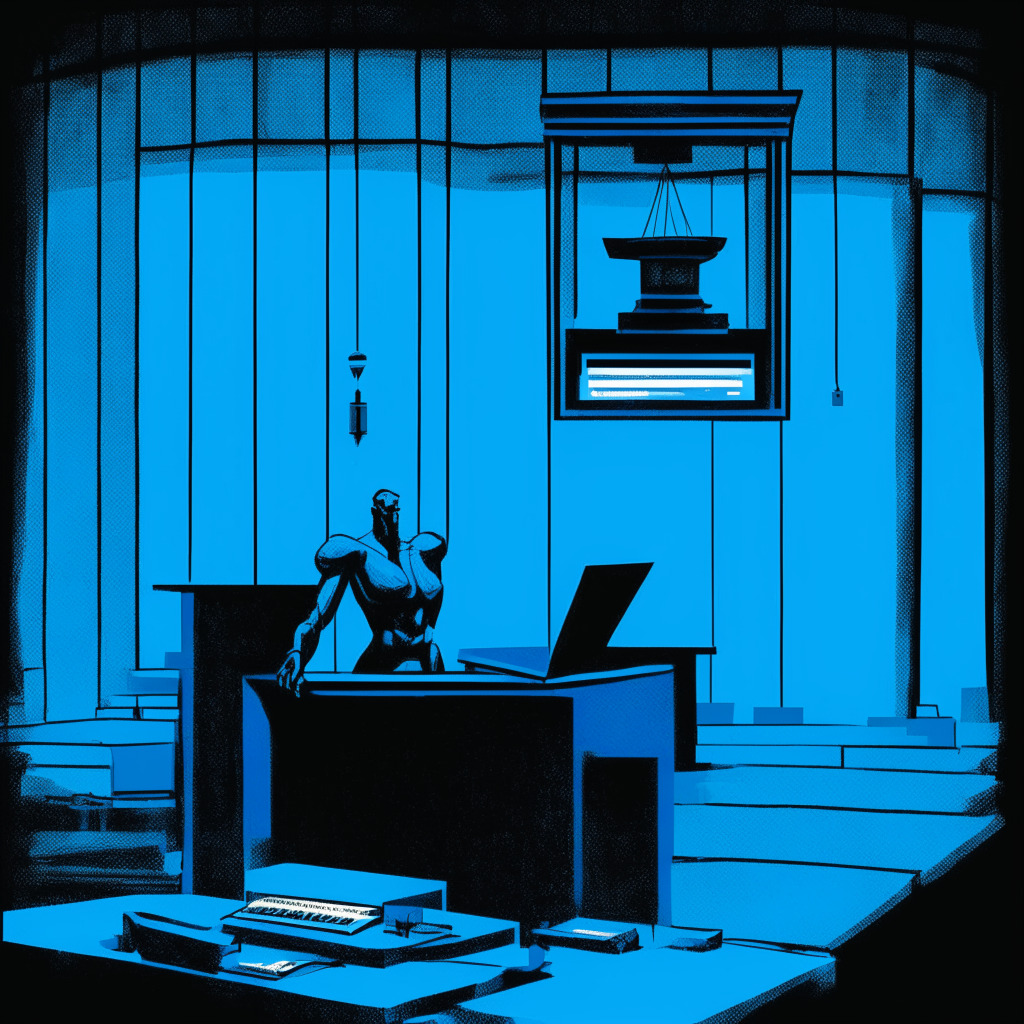In a recent ruling, the Seoul High Court’s Civil Division decided that Bitcoin is not considered money. This decision was made during a case between two companies involving a cryptocurrency loan. The decision highlights that interest rate rules do not apply to business deals involving crypto assets, but it brings up the question of whether cryptocurrencies should be considered money or not.
The case began when Company A, a fintech company dealing with crypto assets, lent Company B 30 BTC for three months. Initially, Company B agreed to pay an interest rate of 5% for the first two months and 2.5% for the final month. However, when Company B failed to repay the loan, Company A extended the loan period and changed the interest rate to an annual rate of 10%. Company B filed a lawsuit, claiming that Company A had violated the Interest Limitation Act and the Loan Business Act.
The lower court ruled in favor of Company A, arguing that since the contract concerned crypto assets, interest restriction laws and loan business laws were not applicable. Company B appealed the judgement, but the High Court upheld the original decision, stating that the agreed-upon interest rate could not be considered a violation of the law, given that the contract used BTC instead of fiat currency.
This court ruling has critical implications for the cryptocurrency industry in South Korea and perhaps worldwide. On one hand, categorizing Bitcoin as not being money could lead to less stringent regulations and more significant freedom in interest rate setting within the crypto loan space. On the other hand, this decision may also imply that Bitcoin and other cryptocurrencies are not subject to the same legal protections and rights as traditional money.
The ruling also highlights the ongoing debate about the nature of cryptocurrencies and their role in the global financial system. As digital currencies continue to proliferate and gain widespread adoption, questions surrounding their legal definition and regulation will persist.
While the South Korean court has ruled that Bitcoin is not money and is thus not subject to national lending business laws, Company B still has the option to challenge the verdict at the Supreme Court. This case demonstrates the complexity surrounding crypto assets and their regulation, as well as the need for a solid legal framework to address the rapidly evolving landscape of cryptocurrencies.
The outcome of this case, especially if it reaches the Supreme Court, could set a precedent on how cryptocurrencies are treated not only in South Korea but potentially in other countries as well. It remains to be seen whether this ruling will prompt a broader discussion on crypto regulation and the legal status of digital currencies around the world.
Source: Cryptonews




